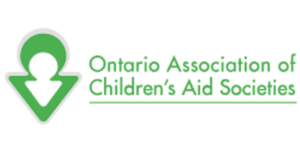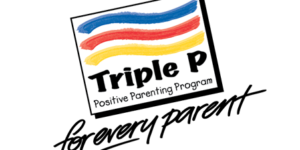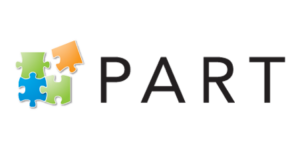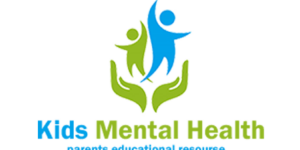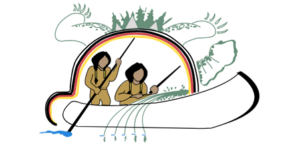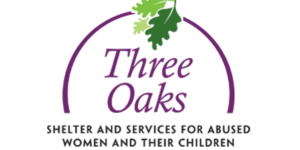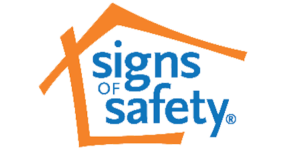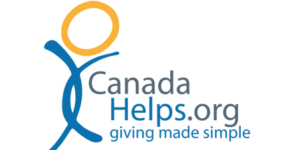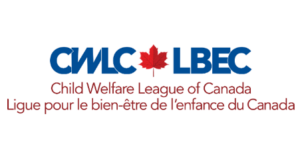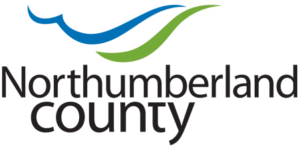How it Happens
Abuse or neglect of a child can happen in two ways: an act of commission (doing something to a child) or act of omission (not doing something for a child).
An act of commission happens specifically when a parent or caregiver harms or is likely to harm a child. For example, striking a child or sexually molesting a child is an act of commission.
An act of abuse or neglect through omission results from a caregiver not taking action to protect a child. For example, allowing a small child to play near a busy street unsupervised or allowing a known sexual offender to be alone with your child could be acts of omission.
Why it Happens
There are many factors contributing to child abuse and neglect and many reasons why children and families become involved with Highland Shores Children’s Aid. Sometimes, parents need help in identifying abusive patterns and learning techniques that can keep children safe at home. Other times, parents request assistance due to social and economic factors beyond their control.
Poverty
As front-line service providers with the legal responsibility to protect children from abuse and neglect, Highland Shores Children’s Aid knows first-hand the impact of economic uncertainty, plant closures, job loss and family stress on the well-being of children and youth. While poverty, on its own, does not result in child abuse or neglect, research clearly identifies a link between poverty and child abuse, mental health issues and domestic abuse.
Source: Campaign 2000, Report On Child Poverty, 2008
Domestic Violence
Exposure to intimate partner violence represents the largest proportion of substantiated maltreatment investigations. Nearly half (45%) of all substantiated investigations identified exposure to intimate partner violence as the primary form of maltreatment. An estimated 17,051 investigations or 7.22 investigations per 1,000 children.
*Source Ontario Incidence Study of reported Child Abuse and Neglect 2018, p 35.
Substance Abuse
The 2013 Ontario Incidence Study reported Child Abuse and Neglect, problematic substance use was reported for a child’s primary caregiver in 19% of substantiated child maltreatment investigations. Of these, 10% were categorized as alcohol abuse and 9 % were for drug/solvent abuse.
*Sources Ontario Incidence Study of Reported Child Abuse and Neglect 2013.
Mental Health
The Centre for Addition and mental Health (CAMH) estimates that young people aged 15 to 24 are more likely to experience mental illness and/or substance use disorders than any other age group. As few as 1 in 5 youth affected by mental health issues will access appropriate treatment. According to the Children’s Mental Health Ontario (CMHO), child and youth emergency department and hospital visits for mental disorders have risen by 54% and 60 % over the last decade while 63% of youth point to stigma as the most likely to not seek help.
*Sources www.oacas.org/2018/01/Child and Youth mental health needs in Ontario not being met.


